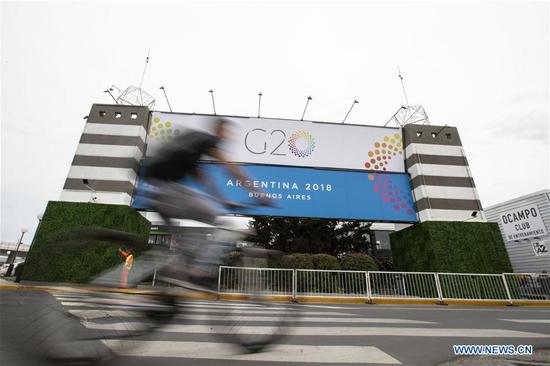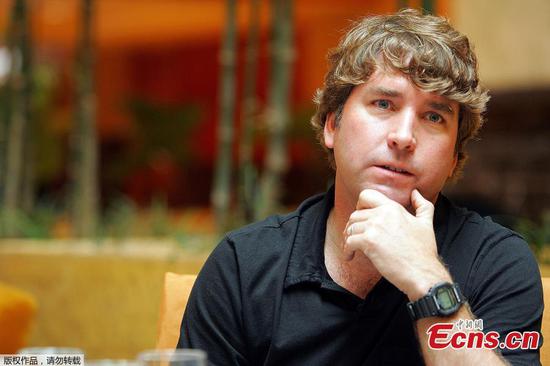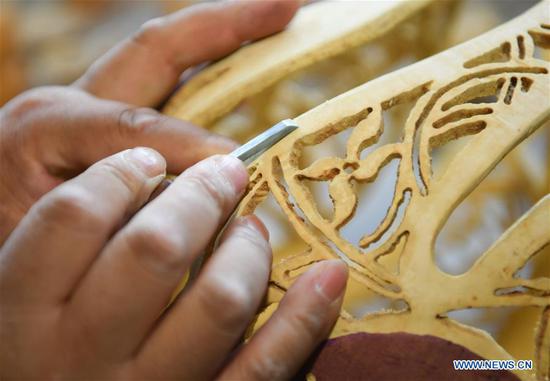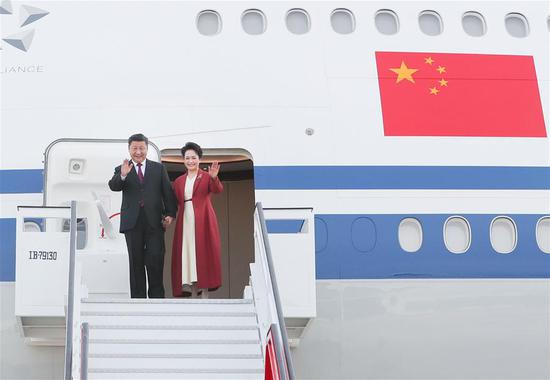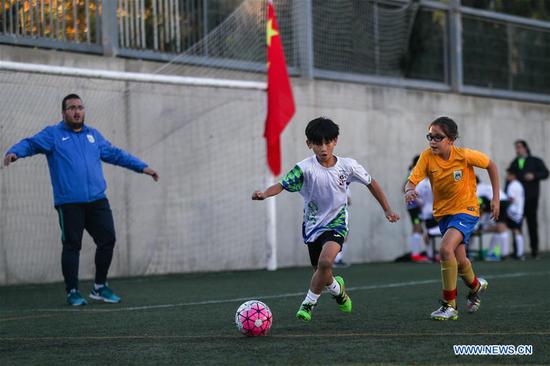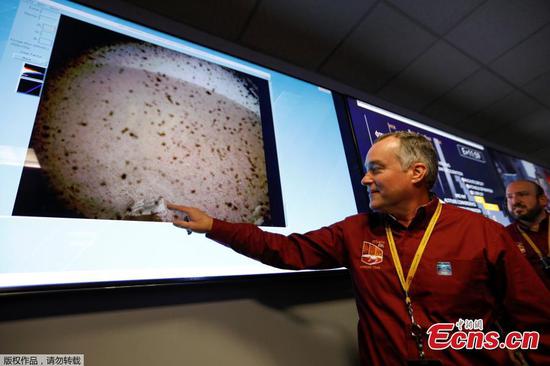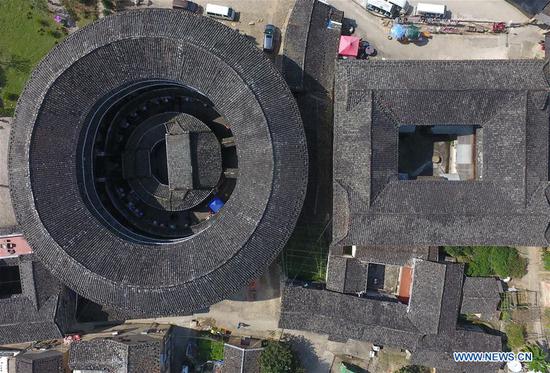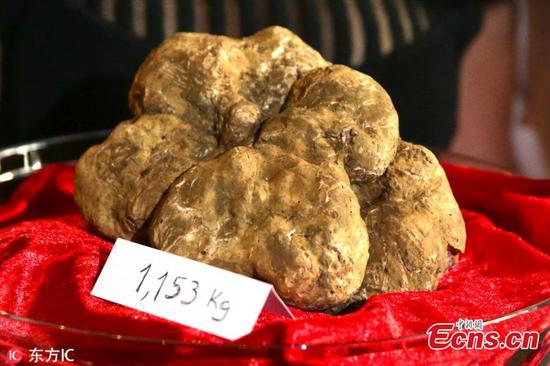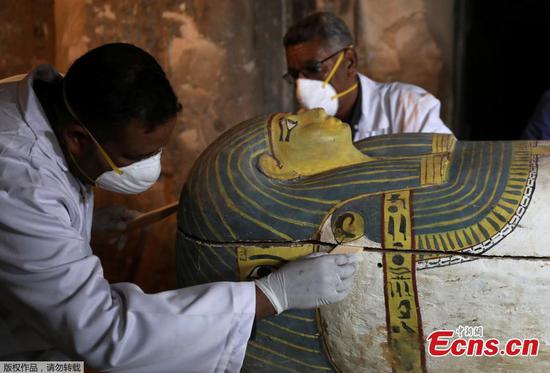Geneticist He Jiankui, who claims to have altered the genes of twin girls born this month, has spoken out about the details of his controversial medical procedure at the Second International Summit on Human Genome Editing at the University of Hong Kong on Wednesday.
He started his speech by apologizing for the "leak" of his work before the conference, and said the Southern University of Science and Technology in Shenzhen, where he works, was unaware of the trial he conducted.
In gene editing, any off-target effects would pose very serious consequences, and extend through the whole body, the researcher admitted, adding that his team carried out embryo off-target detection experiences prior to the trial taking into consideration potential off-target sites mentioned in previous studies.
"We identified one potential off-target in the intragenic region, although we could not identify if it is hereditary or related to editing," noted He.
The parents, who were undergoing fertility treatment chose to start a two-embryo pregnancy, were briefed about the potential off-target and still went ahead with the implant.
He said the husband was found to be HIV positive, while the spouse was HIV negative. The twin baby girls, born a few weeks ago, are said to be resistant to HIV infection thanks to their edited genes.
No off-target site was observed genome-wide after birth testing, the researcher assured.
"We plan to monitor the twin babies for the next 18 years until they are adult and give their consent for further monitoring," said He.
The researcher also said another potential pregnancy with gene-edited embryos is currently underway.












